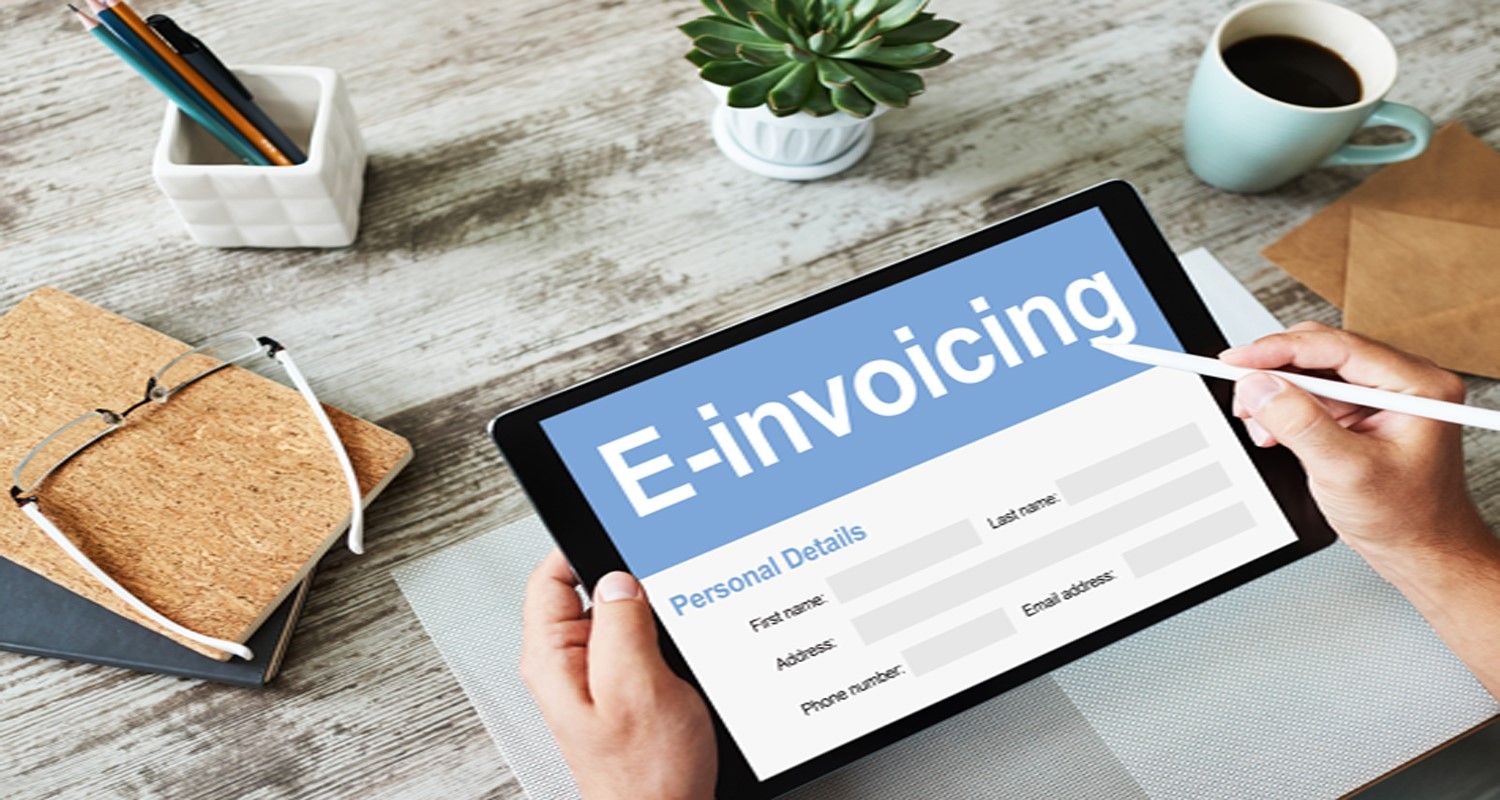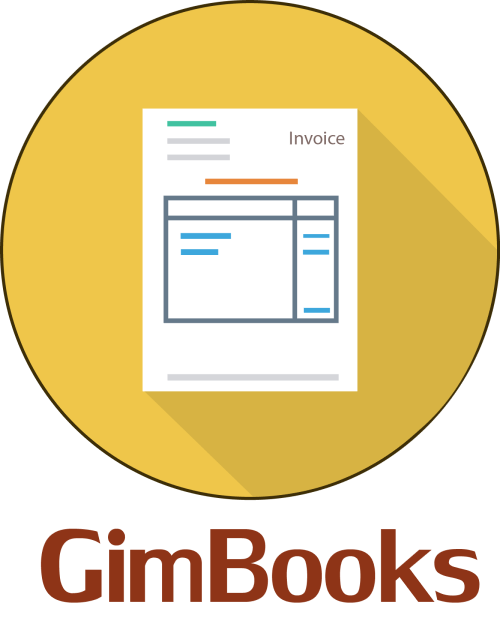What Is ZATCA E-Invoicing In Saudi Arabia?
Understand what is Zatca(Zakat, Tax, and Customs Authority) in Saudi Arabia

The Zakat, Tax and Customs Authority (ZATCA), previously known as the General Authority for Zakat and Tax (GAZT) under Saudi Arabia's Ministry of Finance, has ordered all VAT-registered B2B enterprises to use electronic invoicing. In this article, we will go through the process of e-invoicing in Saudi Arabia, the Zatca e-invoicing compliance, Zatca approved e-invoicing, e-invoicing KSA, e-invoicing detailed guidelines, and much more.
Introduction
E-invoicing in Saudi Arabia is a method of creating electronic invoices to issue and store them electronically. ZATCA approved e-invoicing allows enterprises with processing invoices, credit notes, and debit notes in a structured electronic format between seller and buyer will be simple.
All VAT taxpayers in Saudi Arabia can issue e-invoices for VAT. Paper invoices that have been copied or scanned are not all e-invoices. After they've been produced, they can't be changed. You may create VAT-compliant credit and debit notes based on the original invoice.
E-invoicing harmonises company transactions, ensuring that the entire process runs smoothly and safely. If a customer returns a product, only credit notes are sent, and there is no way to modify the original invoice.
For domestic sales and exports from Saudi Arabia, all enterprises will issue e-invoices. E-invoices are not required for:
1. Imports into Saudi Arabia
2. Supplies that are not subject to VAT; and
3. Payments that are relevant
Table of Contents
- Benefits of Zatca approved E-Invoicing in Saudi Arabia
- Why is E-invoicing KSA introduced?
- Who are all eligible for e-invoicing in Saudi Arabia?
- ZATCA E-invoicing compliance guidelines
- How will the E-invoicing KSA process work?
- What should a taxpayer do currently?
- Frequently Asked Questions
- The Bottom Line
Gimbooks is a cloud-based bookkeeping and accounting platform aimed at small and micro-sized businesses that help them create and manage documents (such as GST compliant invoices, waybills, quotations, purchase orders, delivery challans, and so on). It also helps businesses keep track of day-to-day inventory and expenses, manage various business reports, and send payment reminders to customers via mobile and web. GimBooks' major goal is to make business easier for millions of people by delivering a mobile-first, simple-to-use, and inexpensive solution.
Benefits Of Zatca Approved E-Invoicing In Saudi Arabia
The following are the main advantages of Zatca approved e-invoicing in Saudi Arabia:
- Faster Payment Processes: Faster invoice distribution and a shorter payment cycle will increase cash flow due to e-invoice processing.
- Fraud Reduction: E-invoicing is based on a secure system that decreases the danger of document forgery and fraud. Unlike paper invoices, e-invoices are PDF invoices with unique stamps and certificates.
- Reduced Costs: Businesses would save money on print, postage, and storage costs if they used e-invoices. Furthermore, processing costs will be minimised because e-invoices may be instantly loaded into the company's ERP system.
- More Efficiency: E-invoicing will lead to more transparency and compliance on an organisational level.
Update:
ZATCA extended the Cancellation of Fines and Exemption of Penalties Initiative for Taxpayers until 30 June 2024, from 31 December 2023.
Why Has E-Invoicing Been Introduced In KSA?
E-invoicing in Saudi Arabia helps businesses work more securely and efficiently. This approach attempts to combine company data with ZATCA to make the trading system more transparent. The government uses a machine-readable format to standardise the way invoices are generated. There would be additional possibilities to discover fraudulent actions after confirming the e-invoices via the ZATCA portal. This information aids tax officials in reducing the frequency of audits.
The following are some of the advantages of e-invoicing in Saudi Arabia for buyers and sellers:
- Business owners will be less likely to make mistakes with streamlined e-invoicing.
- Invoices for the tax refunds are generated in real-time.
- High-level data protection.
- There are fewer fraud risks with an aligned e-invoicing system for confirming invoices, increasing competitiveness and trade.
Who Are All Eligible For E-Invoicing In Saudi Arabia?
For Saudi Arabian taxpayers who are liable to VAT, e-invoicing in Saudi Arabia is required.
- Electronic invoices are required for all taxpayers with goods and services valued at SAR 1,000 or more subject to the regular VAT rate.
- E-invoices are also necessary for taxpayers with zero-rated supplies. A simplified e-invoice must be created for other zero-rated suppliers, such as domestic zero-rated products or services given to a non-GCC person.
- Regardless of the size of the supply or the client’s status, an e-invoice must be issued for the export of products.
- For nominal supplies (less than SAR 200), an e-invoice must be issued; nevertheless, the receiver of the items will not be entitled to deduct input VAT connected to the nominal supply.
E-invoicing is applicable to parties who issue invoices on behalf of a Saudi Arabian resident taxpayer, in addition to resident VAT taxpayers. For transactions involving exempted supplies, such as a domestic supply of goods and services exempt under VAT legislation and regulations, taxpayers do not need to create e-invoices or electronic notes. Non-resident taxpayers are likewise exempt from the VAT e-invoicing requirement.
ZATCA E-Invoicing Compliance Guidelines
- The e-invoicing requirements will cover all taxable products and services subject to VAT.
- All B2B, B2C, and B2G transactions will be invoiced electronically.
- A printed copy will be sent separately.
- The e-invoicing procedure will be mandated for all VAT registered company owners in Saudi Arabia and third parties submitting tax invoices on behalf of a taxable person.
- Arabic and English will be the standard languages for e-invoicing.
How Will The E-Invoicing In KSA Process Work?
E-invoicing is a more secure and efficient method of billing. For each transaction, you must complete the following steps:
- To create an e-invoice with all required information, use a compliant e-invoicing system.
- Provide the buyer with a copy. You send the invoice to ZATCA's site and get it confirmed in process two.
- The e-invoice will be saved in the system for future use.
- Data storage will be more efficient if you migrate to a cloud-based solution for e-invoicing features.
The Saudi Arabian government has taken a step toward implementing electronic invoicing throughout the country. All taxpayers must have an e-invoicing system that meets the standards for the generating and integration phases.
Updates on ZATCA Phases of waving of e-invoicing 6th-9th phase-
9th wave Jun 2024 – taxpayers annual income ranging SAR 30 million - SAR 40 million
8th wave Mar 2024 – taxpayers annual income ranging SAR 40 million - SAR 50 million
7th wave Feb 2024 – taxpayers annual income ranging SAR 50 million - SAR 70 million
6th wave Jan 2024 – taxpayers annual income ranging SAR 70 million - SAR 100 million
What Should A Taxpayer Do Currently?
Many systems now provide e-invoicing services that meet the compliance criteria of ZATCA/phase-1 GAZT's mandate. On ZATCA's official website, you may find some of these solution providers (*hyperlink to ZATCA list of companies*).
When choosing a remedy, taxpayers should bear three things in mind:
1. Information security measures mandated by ZATCA – Although most of the solutions can produce and save invoices, not all are tamper-proof or include an anti-tampering detection system. Data corruption results from tampering with produced invoices, leading to high reconciliation expenses. In addition, the GAZT/ZATCA may impose a penalty on the taxpayer.
2. Seamless transition into phase 2 – The solution should allow taxpayers to shift into the second phase effortlessly. Otherwise, the taxpayer would be forced to invest more money in finding and executing a new solution to meet the phase-2 criteria.
3. Proven expertise – Compared to freshly constructed solutions, a solution with demonstrated competence in deploying electronic invoicing solutions for other markets will be a superior choice since it will be bug-free and have the needed procedures, features, and workflows tailored for e-invoicing.
The Bottom Line
Following the publication of the final rules, the ZATCA will host seminars to educate industry stakeholders. Some specifics are still unknown, but the Saudi authorities have done an excellent job of defining the long-term aims of the e-invoicing system's adoption and providing clear documentation and chances for input on the documents produced for each step.
We anticipate receiving the appropriate instructions soon. A good e-invoice management software has all the features from stocking to forecasting inventory based on demand.
Tap to know how ▶ GimBooks App saves your time, reduces manual errors, improves cash flow, and prevents billing issues with on-time payment and management.
Explore more about:
Best e-invoicing software of Saudi Arabia-

Frequently Asked Questions
1. What will be different as of 2024?
- ZATCA Phases of waving of e-invoicing 6th-9th phase in 2024 start from January 2024, to June 2024.
- Only electronic invoicing will be accepted to comply with government regulations. There will be no support for paper invoicing.
- According to ZATCA's guidelines, an obligatory QR Code will be produced on invoices.
- For closed invoices, no manipulation or deletion will be permitted.
2. Is there a certain invoice format that must be adhered to be compliant?
The authorities have not established a precise framework for Phase 1. The invoice must be per the VAT receipt forms and include a QR code.
3. When an invoice is still active, would QR codes be created on invoice prints or e-mails?
No, because invoice modifications and tampering are banned, QR codes will only be issued for closed invoices. This is done to guarantee that only final invoices have a QR code.
4. What information will be shown when the QR code is scanned?
According to ZATCA's recommendations, scanning the QR code should reveal the following information:
- Seller’s name
- Seller’s VAT registration number
- Invoice total amount with VAT
- VAT total amount
- Invoice date and time
5. When is the phase 2 deadline?
According to the government, phase 2 is set to end on January 1, 2023. We'll keep you up to date on Phase 2 developments.
6. What are the activities you won't be able to perform from December 4, 2021?
- Make handwritten or manual invoices.
- Creating bills that do not meet the standards of the authorities.
- Use a system that does not meet the authority's established E-Invoicing rules.
- After issuing E-Invoices, delete them.
7. When is FATOORAH mandatory B2B e-invoicing wave to beginning in 2024?
FATOORAH mandatory B2B e-invoicing sixth wave is said to beginning in 2024 January & ninth wave to join Phase 2 from 1 June 2024. Which includes the following-
Use a system that does not meet the authority's established E-Invoicing rules.
- 6th wave Jan 2024 – taxpayers annual income ranging SAR 70 million - SAR 100 million.
- 7th wave Feb 2024 – taxpayers annual income ranging SAR 50 million - SAR 70 million.
- 8th wave Mar 2024 – taxpayers annual income ranging SAR 40 million - SAR 50 million.
- 9th wave Jun 2024 – taxpayers annual income ranging SAR 30 million - SAR 40 million.

